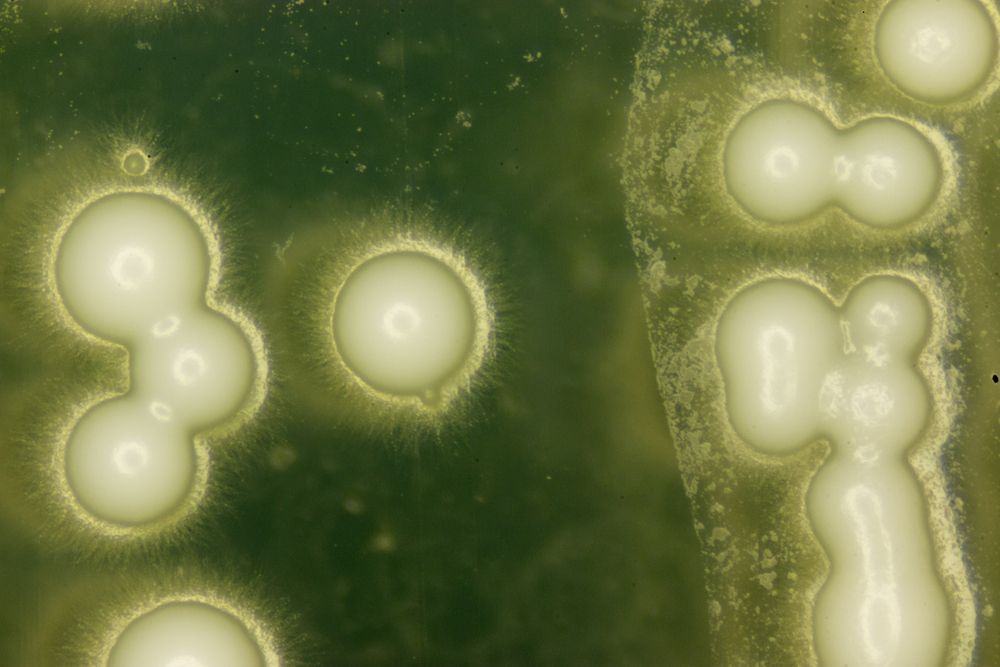It is not uncommon for women to get vaginal yeast infections. (Learn More – Vaginal Yeast Infections)
The symptoms of a yeast infection are typically discomfort, burning, and discharge from the vagina. (Learn More – General Symptoms of a Vaginal Yeast Infection)
In most cases, even mild yeast infections will not go away without some form of treatment. (Learn More – What if I Don’t Do Anything?)
Yeast infections that are mild to moderate can be addressed with over-the-counter products. (Learn More – Over-the-Counter Treatments for Yeast Infections)
If your infection is more severe, you may require a prescription medication. (Learn More – Prescription Treatments for Yeast Infections)
There are some remedies you can use at home to address mild to moderate yeast infections. (Learn More – What About Home Remedies?)
The use of boric acid has been shown to be effective, but there may be some side effects. More tolerable home remedies include tea tree oil or plain yogurt.
Even if you have had a previous yeast infection and treated it yourself, it is wise to discuss certain symptoms with your physician. (Learn More – When to See a Doctor)
Vaginal Yeast Infections
It is extremely common for women to get vaginal yeast infections, and there are quite a few different ways to address them. The infection occurs when the proportion of bacteria and yeast in the vagina is disrupted, and the yeast (Candida species of fungi) multiply.
 The type of treatment you choose depends on personal factors, but there are some approaches that will get rid of the infection more quickly than others. As a general rule, if treated properly, most yeast infections will clear up within one to two weeks.
The type of treatment you choose depends on personal factors, but there are some approaches that will get rid of the infection more quickly than others. As a general rule, if treated properly, most yeast infections will clear up within one to two weeks.
General Symptoms of a Vaginal Yeast Infection
- Itching in the vagina.
- Burning in the vagina.
- A white discharge from the vagina.
- A rash.
What if I Don’t Do Anything?
The severity of the infection is dependent on how much of the yeast is able to multiply before you treat it. Infections can be mild, moderate, or severe.
The severity of the infection is usually determined by a physician who is able to get an idea of the level of yeast in your vagina. If you do nothing, the most likely scenario is that the yeast infection will not go away, even in mild cases. Even if you do not treat the infection and the symptoms subside, it is likely that the infection will return.
Treatments generally soothe the infected area and reduce the number of Candida fungi.
Over-the-Counter Treatments for Yeast Infections
There are over-the-counter medications that can treat vaginal yeast infections. These are typically medications called azoles (antifungal medications) that are able to address mild to moderate vaginal yeast infections. They come in many forms, including:
- Creams or ointments.
- Suppositories.
- Oral tablets.
The treatment may initially irritate the area when applied, but after several days, symptoms will begin to decrease. Treatment with these products will typically last between three days to one week. The yeast infection will have cleared within this time period if it is mild or moderate.
Prescription Treatments for Yeast Infections
If the infection is more severe or a recurring yeast infection (four or more yeast infections in a year) doctors can prescribe a longer-acting azole treatment. These are in the same form as the shorter-acting treatments, but they last for between one and two weeks. Within that time, the infection should go away.
Your doctor may prescribe an oral medication, the antifungal fluconazole (Diflucan). If you are pregnant or believe you may be pregnant make sure you tell your physician. The medication may be associated with miscarriages or birth defects in pregnant women.
Home Remedies for Yeast Infections
There is not much research to support many of the home remedies for yeast infections, though there are some research studies that suggest some home remedies may be useful. These remedies could be used to treat mild to moderate yeast infections in some women.
- Boric acid: Boric acid suppositories can be purchased at drugstores and online. There is a very small body of research that suggests they might be effective for yeast infections. The suppositories will typically clear up a mild to moderate yeast infection within seven days.
Boric acid suppositories may lead to side effects, such as burning or vaginal discharge. They should not be used by pregnant women. - Tea tree oil: This oil can be purchased online or in some pharmacies. There are some research studies that have found that tea tree oil is effective in treating the Candida fungus that causes yeast infections.
 Most people who use tea tree oil for yeast infections put a few drops on the top and sides of a tampon and then insert the tampon into the vagina for a few hours.
Most people who use tea tree oil for yeast infections put a few drops on the top and sides of a tampon and then insert the tampon into the vagina for a few hours.
While tea tree oil may have some research to back its use, it does not appear to work as fast as over-the-counter treatments. It may take longer than seven days to resolve the yeast infection in some cases. - Yogurt: The Lactobacillus found in natural yogurt (lactobacillus acidophilus) produces hydrogen peroxide, which can kill the bacteria that produce yeast infections. There is research to suggest that the use of yogurt may be equally effective or even more effective than clotrimazole (Canesten), an antifungal cream commonly used to treat yeast infections.
If you decide to use yogurt, use yogurt that has no added sugar, as sugar can lead to the yeast multiplying. Yogurt can be applied to the vagina directly or spread on a tampon and then inserted. It may not work as fast as other standard treatments, but it appears to have some usefulness.
When to See a Doctor
If you have symptoms of a yeast infection, but you have never been formally diagnosed with one, you should have your physician examine you to make sure you have a yeast infection and not some other condition. If you have diabetes, a sexually transmitted disease, or an immune system issue, you will need a physical exam from a physician.
If you have recurrent yeast infections (recurrent vulvovaginal candidiasis, four or more infections a year), talk with your physician.
If you are pregnant and you believe you have a yeast infection, consult with a health care provider or physician. Yeast infections can be transferred to infants during birth. Because infants have less efficient immune systems, yeast infections can present a potential risk to them.
References
Vaginal Candidiasis. (April 2019). Centers for Disease Control and Prevention.
Vaginal Yeast Infections. (April 2009). WebMD.
Antifungals. (June 2017). Biochemical Pharmacology.
Diflucan. (February 2019). RxList.
Boric Acid for Recurrent Vulvovaginal Candidiasis: The Clinical Evidence. (August 2011). Journal of Women’s Health.
Sensitivity of Candida Albicans to Essential Oils: Are They an Alternative to Antifungal Agents? (June 2016). Journal of Applied Microbiology.
The Comparison of Vaginal Cream of Mixing Yogurt, Honey and Clotrimazole on Symptoms of Vaginal Candidiasis. (November 2016). Global Journal of Health Science.



